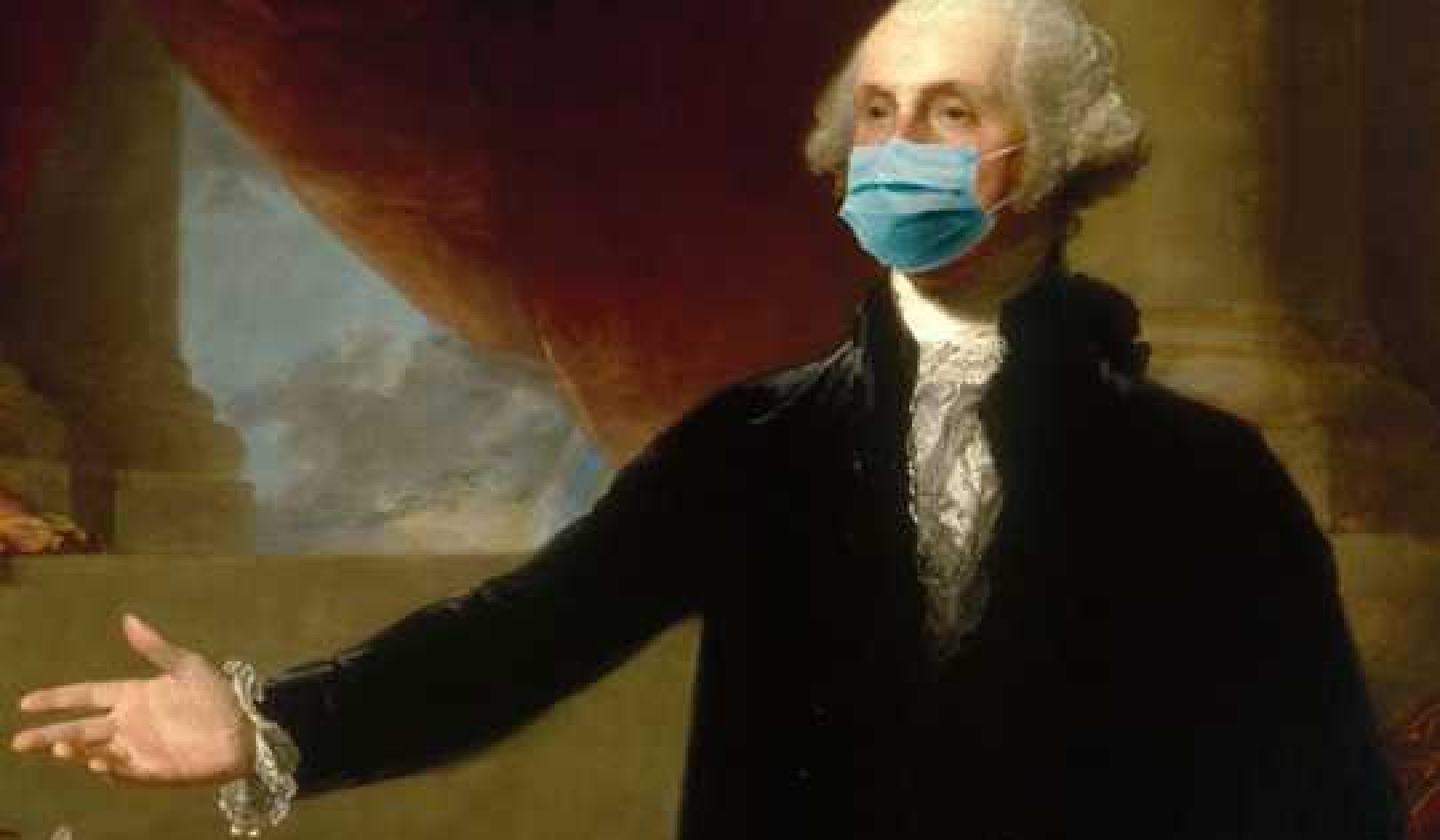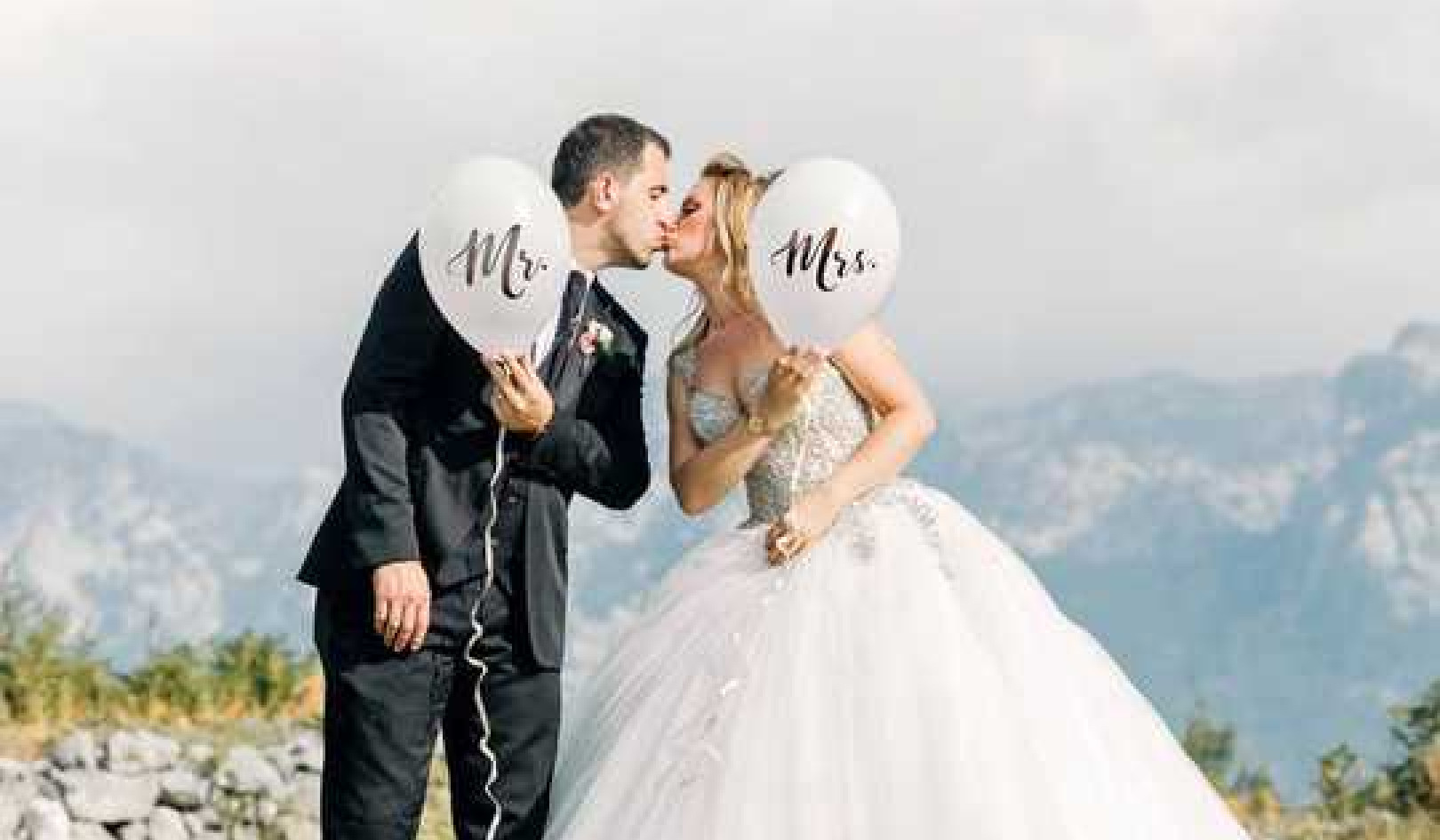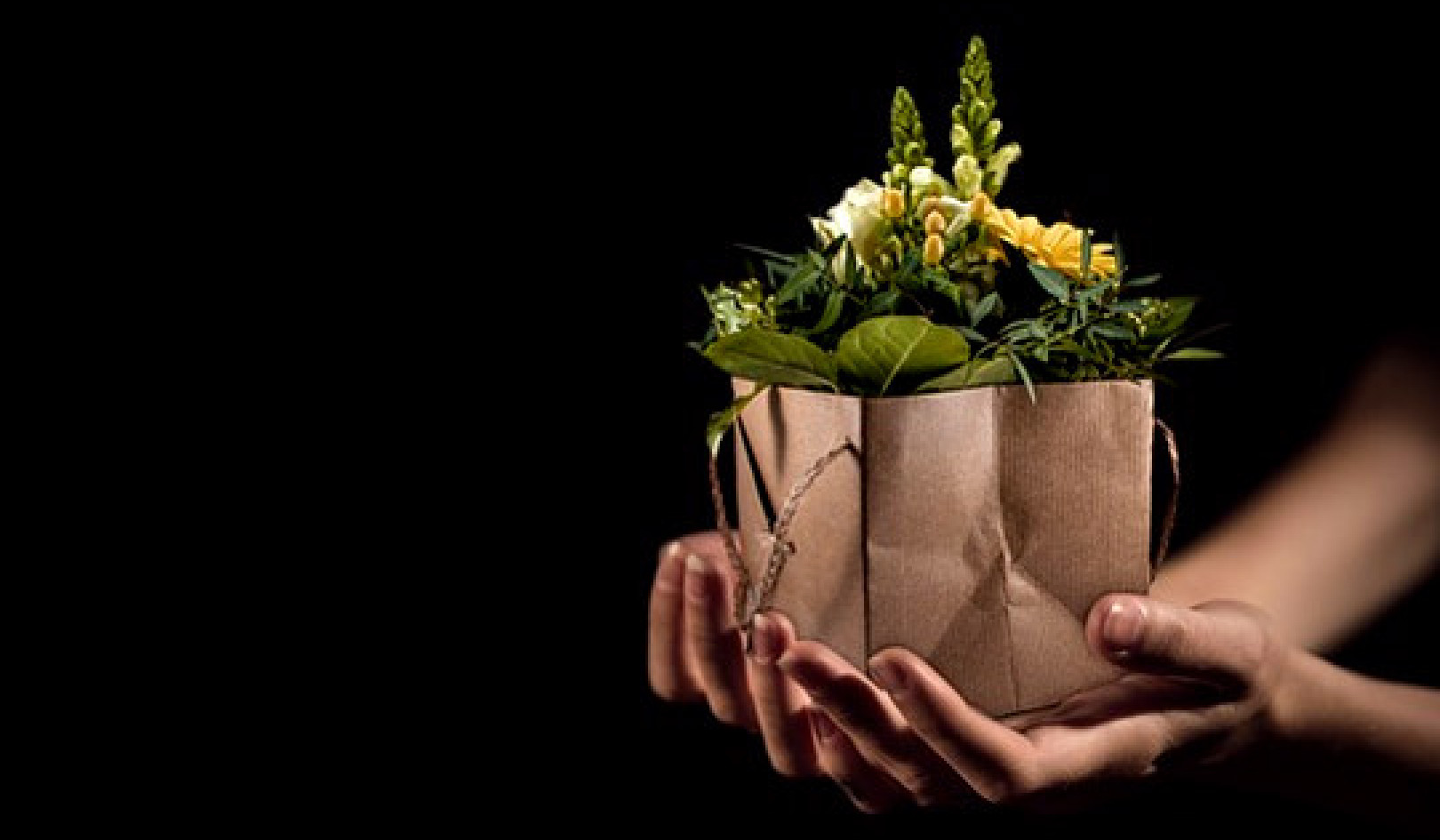
There is surely nothing other
than the single purpose of the present moment.
A person’s life is a succession of moment after moment.
When one fully understands the present moment,
there will be nothing else to do
and nothing else to pursue.
| — YAMAMOTO TSUNETOMO,
HAGAKURE (The Book of the Samurai)
No matter what life brings — joys and disappointments, burdens and delights — amid all the complications, duties, and responsibilities, you can always handle this arising moment. Now is where you gain entry to the fourth purpose of life.
We learn life’s lessons (the first purpose), we choose our career and calling (the second purpose), and we fulfill our life path and hidden calling (the third purpose) all in this present moment. Welcome to the fourth purpose of life. No matter where you go, and no matter what the clock-face reads, you are always right here, right now.
The Fourth Purpose:
ATTENDING TO THIS ARISING MOMENT
Pay Close Attention • Make Each Moment Count
Purposes tied to past or future have no reality; they are phantom concepts conjured by the mind. Handle just what is in front of you. By attending to the fourth purpose — this arising moment — you find the simple life. Reality is where you are now — moving in stillness, floating with the current in the river of time, resting in the eternal present.
Refrain from comparing this moment with memories of the past or an imagined future, and you find contentment — here and now. As a Zen sage said, “When I’m hungry, I eat; when I’m thirsty, I drink; when I’m tired, I rest.”
To the extent that you pay attention to the moment, you will have fulfilled the promise of the fourth purpose of life.
The Highest Practice of All
We do things all the time — we do the dishes, do the laundry, do the shopping. We go to work and dig or type or lift or speak. But few of us practice.
The key difference between doing and practicing is this:
When you practice an action, you aren’t merely repeating by rote but rather are striving to improve or to refine whatever you are doing — whether it’s signing your name, opening a door, carrying groceries, merging with traffic, or folding laundry.
We’re familiar with practicing a sport or a dance or a game or a musical instrument. Naturally, in these formal training activities, we understand that we want to improve our stroke or leap or swing or strum. We treat these activities as somehow special and separate from the practice of everyday life, as if they were more deserving of our full attention. Which is why Socrates once said to me, “The difference between us, Dan, is that you practice gymnastics; I practice everything.”
Practicing The Art of Living
Think of it! What would it be like to practice every moment and everything we do? To attend to how we lift a forkful of food to our mouths, and breathe, and chew — to attend to the words we speak and how we speak them. I grant you, in the hands of some of our more obsessive or neurotic friends, this idea of practicing everything might take the shape of a compulsive, never-ending self-improvement program. But that isn’t at all the point.
The practice I’m recommending creates an art of living. Your life becomes an art form. Your performance is unique — unlike any other — because no one else can live your life as you can. When you practice all that you do, your attention naturally returns to each arising moment. You step into the flow. You enter the zone. You become a cloud drifting through the skies, neither racing ahead of the wind nor dragging behind, but moving naturally, once again in harmony with what the Chinese sages called the Tao.
This is my practice. I remain something of a beginner, but a devoted one. I practice with the faith in this principle — that we improve over time. The first step is to form the sincere intention to respect each passing moment and to treat each action as if you were performing it before an audience of thousands.
Please remember that how you do anything reflects how you do everything — which is why the Zen masters say, “If you can serve tea properly, you can do anything well.”
In mastering one thing, you master yourself. So whatever you may be doing, ask yourself, in random moments: Am I breathing? Am I relaxed? Am I moving with grace?
You Are What You Do
Practice whatever you do. Notice the small things — the subtle shift of posture that relieves stress, the relaxing breath, the act of remembering to smile for the pleasure of it. Six words: Here and now, breathe and relax. Practice that in all you do, and your life will change for the better.
Despite what you may have heard about “just being” — or the notion that “it’s not about what you do but about who you are” — I beg to differ. I propose that in terms of our influence on and existence in the world around us, you are (largely) what you do. So changing your behavior changes your identity, moment to moment.
You don’t have to think positive thoughts. You don’t have to feel peaceful or confident or compassionate or happy or loving — you only need to behave that way, as much as you can, whenever you remember to do so. This practice animates and celebrates the best of your humanity and spirit. This practice reflects the heart of the peaceful warrior’s way.
Attend to this moment with each breath. And in random moments, silently ask yourself, “What is my purpose in this arising moment?” Then do whatever needs to be done, in a wondrous and changing parade of purposes that shape the story of your life, and of all our lives.
Reprinted with permission of the publisher, HJ Kramer/
New World Library. ©2011, 2016. www.newworldlibrary.com
Article Source
 The Four Purposes of Life: Finding Meaning and Direction in a Changing World
The Four Purposes of Life: Finding Meaning and Direction in a Changing World
by Dan Millman.
Click here for more info and/or to order this book (hardcover) or paperback (2016 reprint edition).
About the Author
 Dan Millman — a former world champion athlete, coach, martial arts instructor, and college professor — is the author of numerous books read by millions of people in twenty-nine languages. He teaches worldwide, and for three decades has influenced people from all walks of life, including leaders in the fields of health, psychology, education, business, politics, sports, entertainment, and the arts. For details: www.peacefulwarrior.com.
Dan Millman — a former world champion athlete, coach, martial arts instructor, and college professor — is the author of numerous books read by millions of people in twenty-nine languages. He teaches worldwide, and for three decades has influenced people from all walks of life, including leaders in the fields of health, psychology, education, business, politics, sports, entertainment, and the arts. For details: www.peacefulwarrior.com.




























